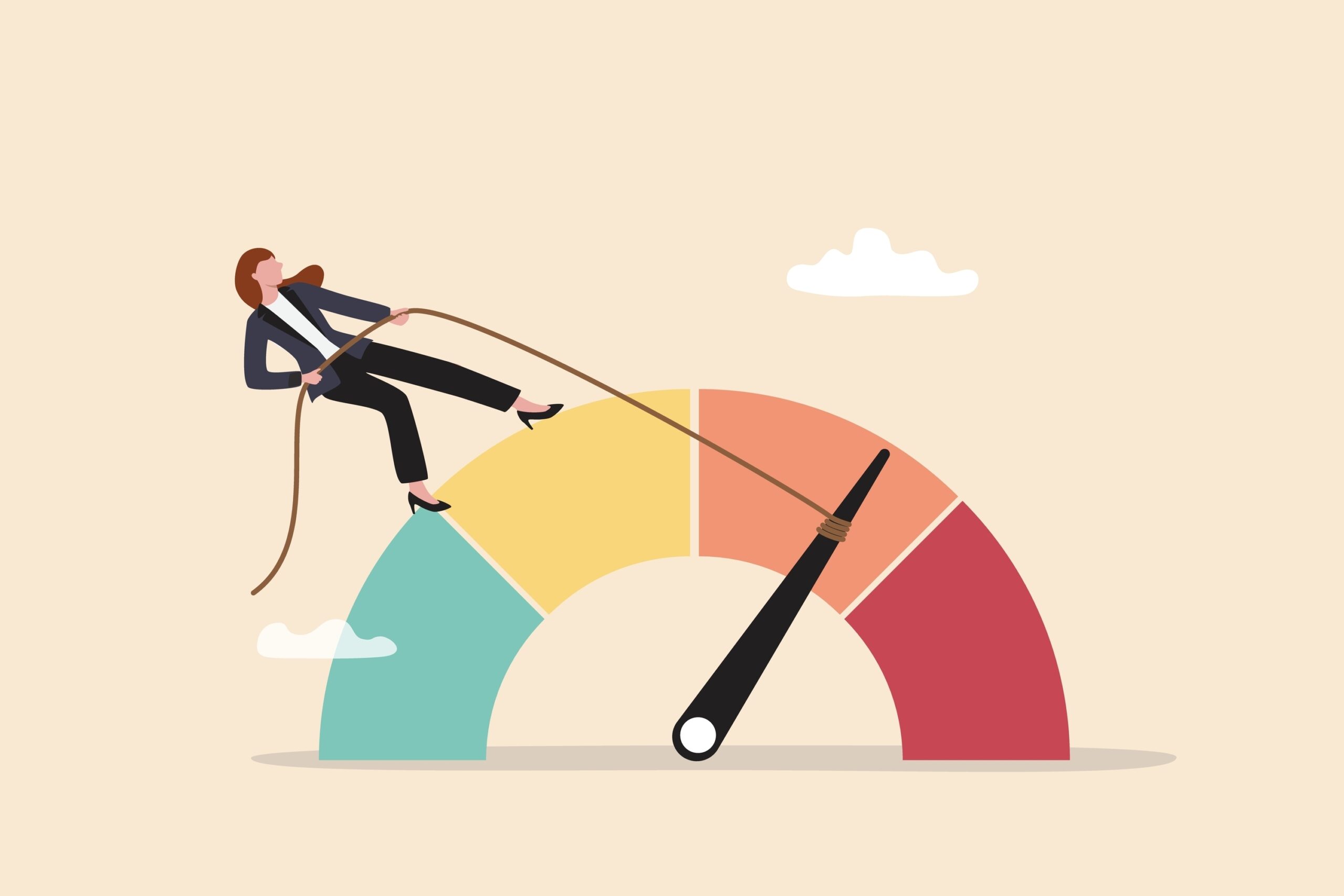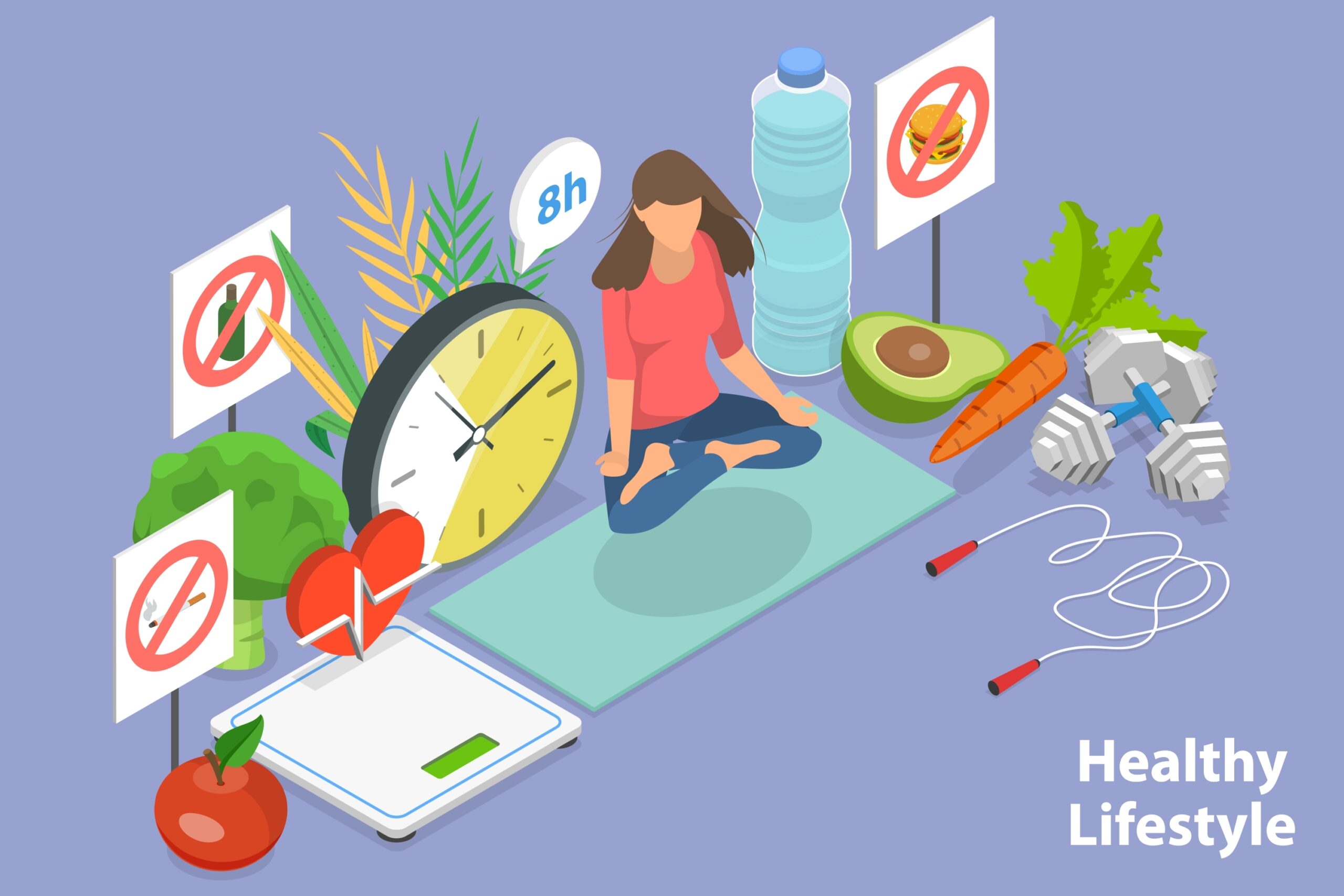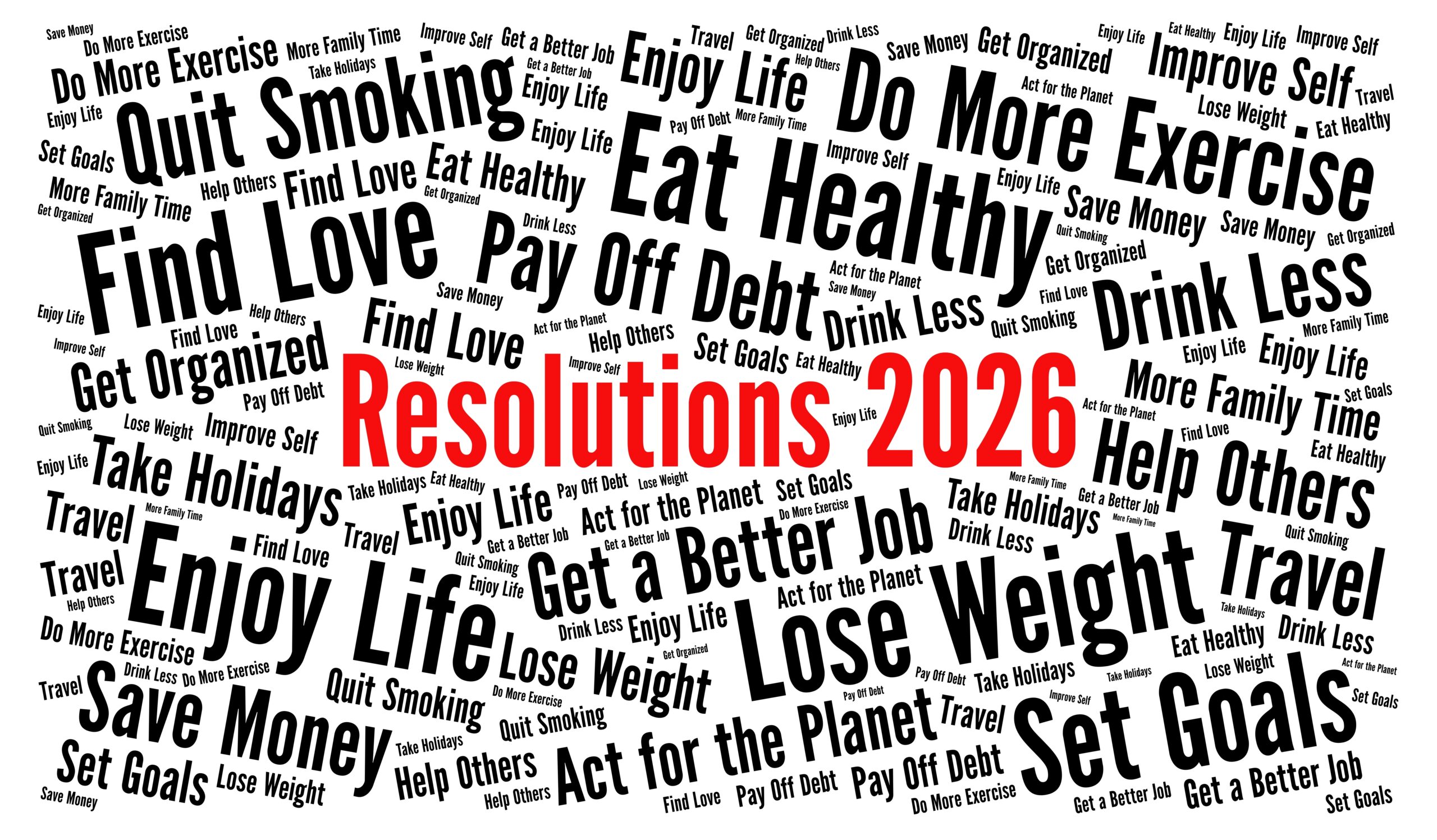To kick off Stress Awareness Month, it’s important to understand that stress isn’t just in our heads— it affects our bodies, habits, and daily lives. The key to managing stress isn’t to power through it but to work with your brain to support your well-being and mental health. Let’s explore the science of stress and discover ways to shift into a life with less stress.
Understanding Stress
Stress is the brain’s response to perceived threats or challenges. When triggered, the body releases hormones like cortisol and adrenaline, preparing you to react. This can be helpful in certain situations (think: slamming on the brakes to avoid an accident), but stress, long term, negatively impacts health.
The Impact of Chronic Stress
Long-term stress can lead to:
- Brain inflammation, affecting memory, focus, and mood
- Increased risk of cardiac issues, including hypertension
- Sleep disruptions, resulting in fatigue and further stress
- Weakened Immune system, making the body more susceptible to illness
- Mental and emotional impacts, including anxiety and burnout
Recognizing Stress Signals
Pay attention to these common signs of chronic stress:
- Frequent tension headaches
- Persistent fatigue
- Digestive issues
- Depression
- Difficulty concentrating
Recognizing these symptoms is the first step toward positive change!
The Iterative Approach to Stress Management
Instead of rigid, performance-driven goals, consider an iterative approach to reducing stress. Try different practices, assess their effectiveness, and adjust without self-judgement.
1. Master the Art of Breathing 🍃
Practice: Short, deep breathing sessions can interrupt the body’s stress response.
Iteration tip: Try placing a hand on your belly and inhaling slowly through your nose. Exhale longer than you inhale. Then repeat and notice how it feels.
2. Get Moving 💃
Practice: Regular physical activity can significantly reduce stress levels.
Iteration Tip: Start with simple activities like walking around the block, stretching at your desk, or dancing in your kitchen.
3. Optimize Your Space 🧘
Practice: Make small changes to your surroundings to design a relaxed atmosphere.
Iteration Tip:
- Declutter your work or relaxation space
- Get outside for some sunlight
- Add something that helps you relax: a plant, a blanket, or a calming playlist
4. Connect With Community 🤼♀️
Practice: Building and maintaining supportive relationships naturally reduces stress.
Iteration Tip: Reach out to a friend, join a group, or simply share a laugh with someone else.
5. Nourish Mind and Body 🥗
Practice: Support the balance of your body through nutrition.
Iteration Tip: Make small, feel-good swaps:
- Choose nuts over chips
- Water or herbal tea over soda
- A short walk instead of another cup of coffee
The goal isn’t to “eat clean”—it’s to support the body’s balance.
Reducing Stress at Work
With most workers reporting job-related stresses, it’s key to nurture a supportive atmosphere at work. Consider:
- Implementing flexible expectations
- Encouraging regular breaks and movement
- Promoting open discussions about stress and mental health
Embrace the Iterative Mindset
Remember, stress is a natural part of life, but chronic stress doesn’t have to be the norm. Approach things with curiosity, self-compassion, and an Iterative Mindset to find what works for you.
This Stress Awareness Month, ask yourself: What small tweak can I make today to better manage my stress?
Start there. Then, iterate.
Disclaimer: This content is for informational purposes only and should not replace professional medical advice. Consult your healthcare provider before making significant changes to your health or wellness routines.













